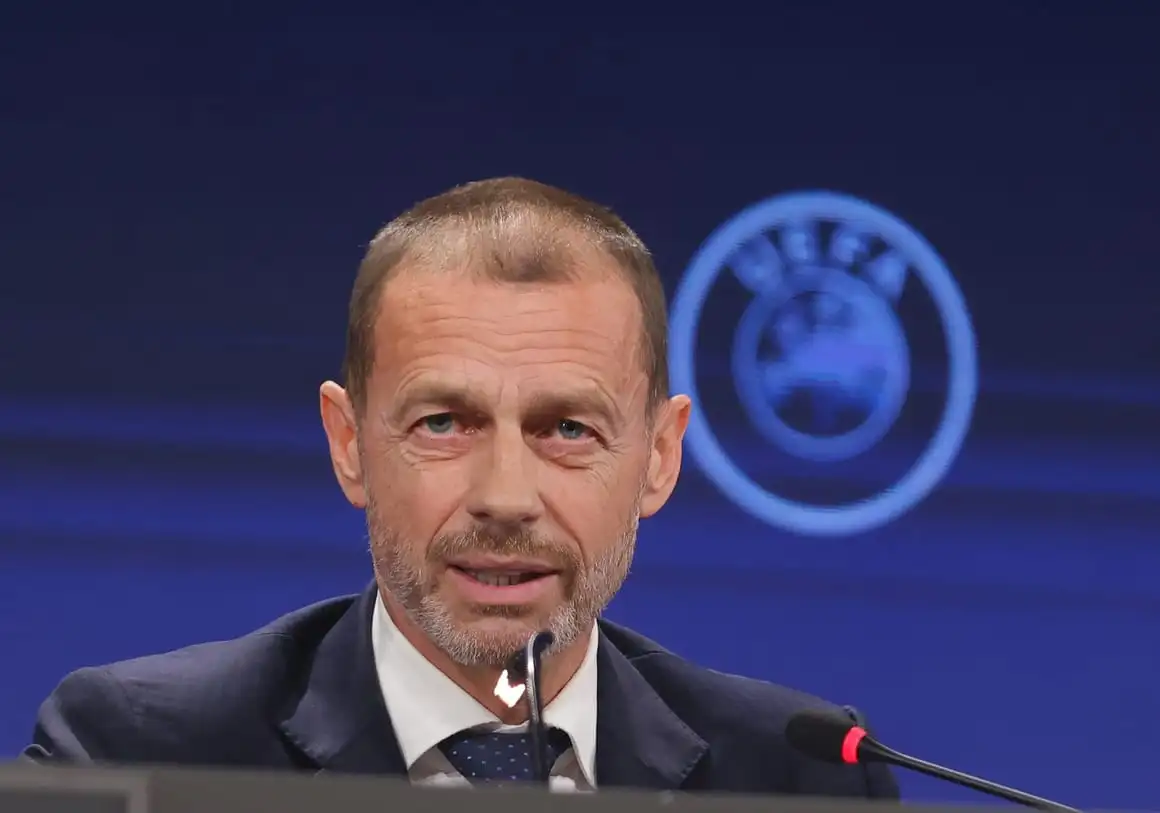European football is facing significant controversy as Spain’s La Liga and Italy’s Serie A plan to host regular-season matches outside of Europe. La Liga aims to move a December match between Barcelona and Villarreal to Miami, while Serie A has scheduled a February game between AC Milan and Como in Perth, Australia. These efforts are designed to enhance global interest and generate revenue, particularly in regions with large fan bases.
However, these plans have garnered substantial opposition from over 400 fan groups, politicians, and clubs, including Real Madrid. Critics argue that relocating domestic league matches undermines the integrity of European football, drawing parallels to the 2021 European Super League’s failure. They caution that such changes could have far-reaching consequences, emphasizing the need to preserve the sport’s traditional, community-focused structure.
UEFA has expressed apprehension regarding these proposals but has limited power to intervene in decisions approved by Spain and Italy’s football federations. The plans still require approval from FIFA and regional entities like US Soccer and Concacaf. Meanwhile, English clubs have distanced themselves from such initiatives, with the Premier League stating it has no intentions to move games abroad.
This debate underscores a growing conflict between commercial expansion and the preservation of football’s core values. As leagues pursue opportunities in international markets, the backlash highlights the sport’s deep-rooted ties to local communities and the potential risks of compromising its foundational principles. The situation reflects broader tensions in the sport between profitability and maintaining the essence of football as a community-oriented game.












Leave a comment